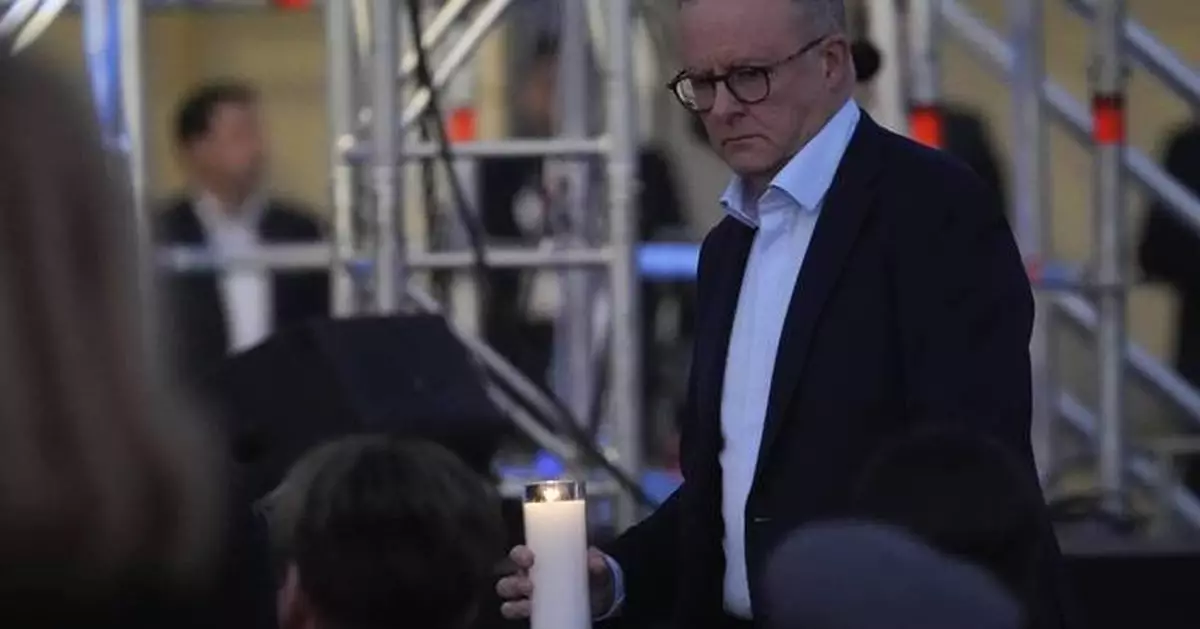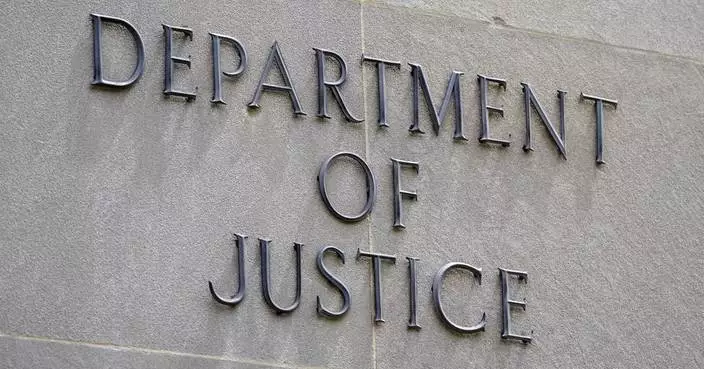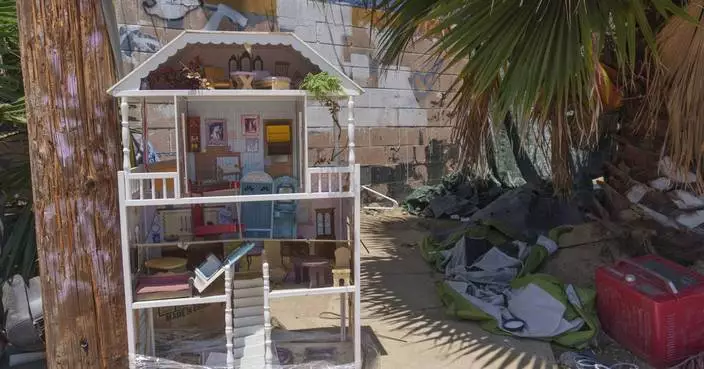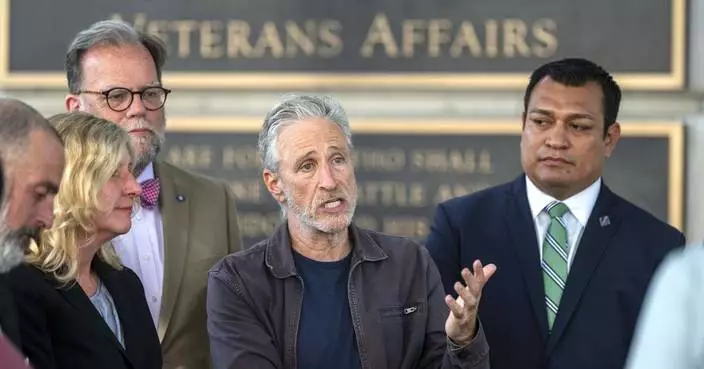MELBOURNE, Australia (AP) — An Australian judge on Monday ruled that social media platform X must block every user in the world from accessing video of a bishop being stabbed in a Sydney church, extending the prohibition beyond users in Australia.
X Corp., the tech company rebranded by billionaire Elon Musk when he bought Twitter last year, announced last week it would fight in court Australian orders to take down posts relating to a knife attack on Bishop Mar Mari Emmanuel in an Assyrian Orthodox church as a service was being streamed online on April 15.
The material was geoblocked from Australia but remained available elsewhere.
But the regulator that made the orders, Australia’s eSafety Commission, which describes itself as the world’s first government agency dedicated to keeping people safer online, successfully applied to the Federal Court in Sydney for a temporary global ban on the sharing of video of the bishop being stabbed.
In an after-hours hearing, Justice Geoffrey Kennett suppressed the footage from all X users until Wednesday, when an application for a permanent ban will be heard.
X has 24 hours to “hide” the footage from users, the judge ruled.
The regulator's lawyer, Stephen Tran, had argued that geoblocking Australia did not meet the definition of “removal” of the footage under Australian law.
Tran said the footage was a “graphic and violent video” that would cause “irreparable harm if it's continuing to circulate."
X's lawyer Marcus Hoyne said he had been unable to get instructions from his San Francisco-based client because it was early Sunday morning in the United States.
Musk has described eSafety Commissioner Julie Inman Grant as the “Australian censorship commissar."
Prime Minister Anthony Albanese had earlier criticized X for refusing to remove graphic posts about the knife attack on a bishop and priest at the Christ the Good Shepherd Church.
Albanese said social media posts, misinformation and dissemination of violent images had exacerbated suffering from the church attack, which the two clerics survived, as well as a knife attack at a Sydney shopping mall two days earlier which killed six people.
“Social media has a social responsibility,” Albanese said. “I find it extraordinary that X chose not to comply and are trying to argue their case.”
The platform’s Global Government Affairs team said on Saturday Inman Grant had ordered it to remove some posts that commented on the church attack, but it said the posts did not violate X’s rules on violent speech.
X said the Australian regulator had demanded the platform “globally withhold these posts or face a daily fine of $785,000.”
“X believes that eSafety’s order was not within the scope of Australian law and we complied with the directive pending a legal challenge,” the Global Government Affairs account said.
“While X respects the right of a country to enforce its laws within its jurisdiction, the eSafety Commissioner does not have the authority to dictate what content X’s users can see globally,” it said.
“We will robustly challenge this unlawful and dangerous approach in court,” it added.
The live feed of the church attack and social media posts that followed attracted a crowd of 2,000 people and fueled a riot against police, who barricaded the young suspected attacker inside the place of worship.
The rioting injured 51 police officers and damaged 104 police vehicles, officials said.
Three alleged rioters had been arrested by Sunday and police on Monday released images of 12 suspects they accuse of being the main instigators of the violence, taken from video of the riot.
A 16-year-old boy accused of the stabbings has been charged with terrorism offenses. He has received online condemnation and praise for the attack.

Australian Prime Minister Anthony Albanese carries a candle during a candlelight vigil at Sydney's Bondi Beach to remember victims of a knife attack at a nearby shopping mall, Australia, Sunday, April 21, 2024. An assailant was shot and killed by a police officer on April 13, after he stabbed six people to death and wounded more than a dozen others in an attack that police believe targeted women. (AP Photo/Mark Baker)










